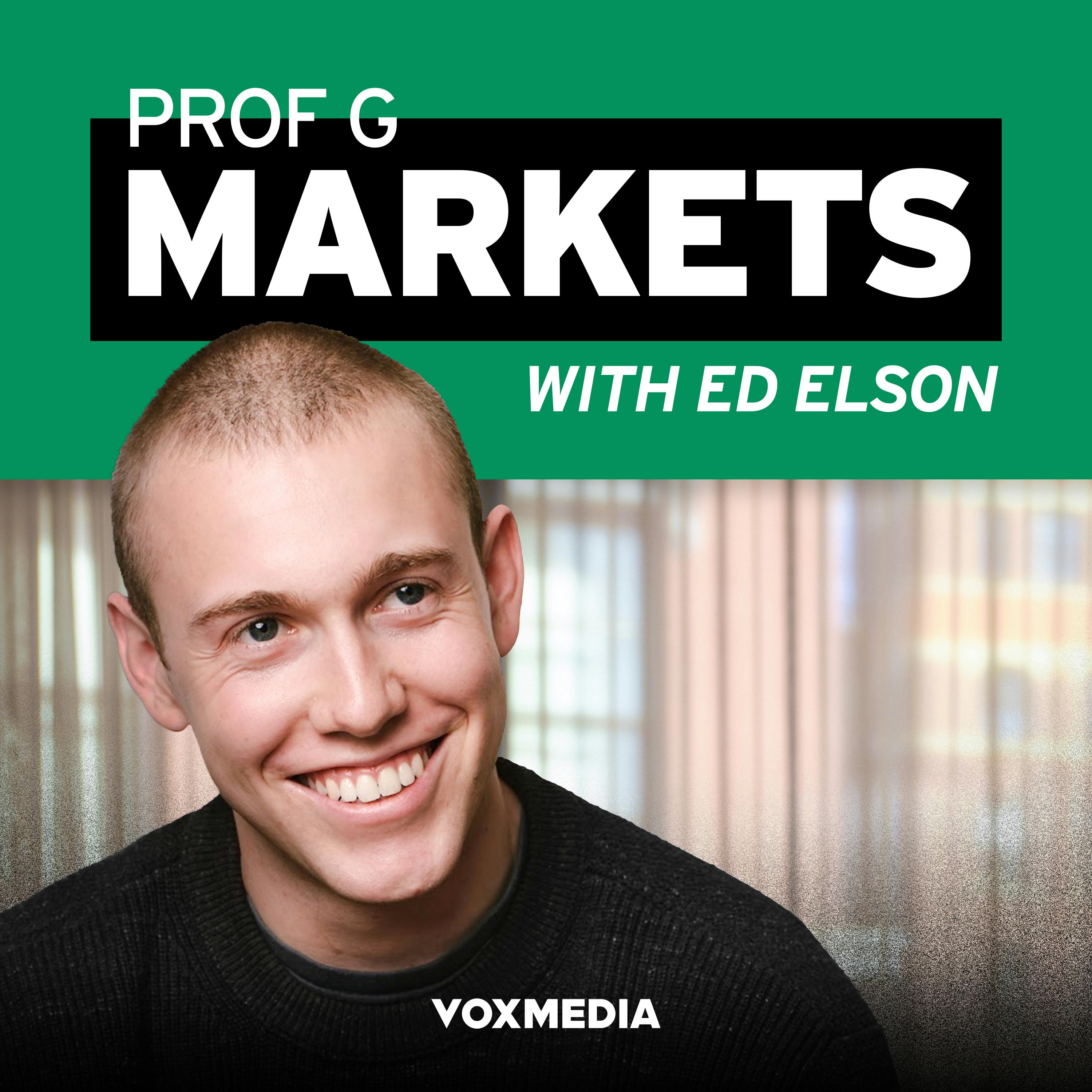Silicon Valley Dines with Trump, August Jobs Slump & Elon’s $1T Pay Package
Ed and Scott unpack the recent tech dinner President Trump hosted at the White House. Then Ed is joined by Kathryn Anne Edwards, economist, economic policy consultant, and the host of The Optimist Economy podcast, to break down the August jobs report and what it means for the economy. And finally, Ed dives into the new $1 trillion pay package that Tesla has proposed for Elon Musk.
Check out our latest Prof G Markets newsletter
Order "The Algebra of Wealth" out now
Subscribe to No Mercy / No Malice
Follow Prof G Markets on Instagram
Follow Ed on Instagram and X
Follow Scott on Instagram
Learn more about your ad choices. Visit podcastchoices.com/adchoices
Check out our latest Prof G Markets newsletter
Order "The Algebra of Wealth" out now
Subscribe to No Mercy / No Malice
Follow Prof G Markets on Instagram
Follow Ed on Instagram and X
Follow Scott on Instagram
Learn more about your ad choices. Visit podcastchoices.com/adchoices
Press play and read along
Transcript
Transcript is processing—check back soon.
Prof G Markets — Silicon Valley Dines with Trump, August Jobs Slump & Elon’s $1T Pay Package





